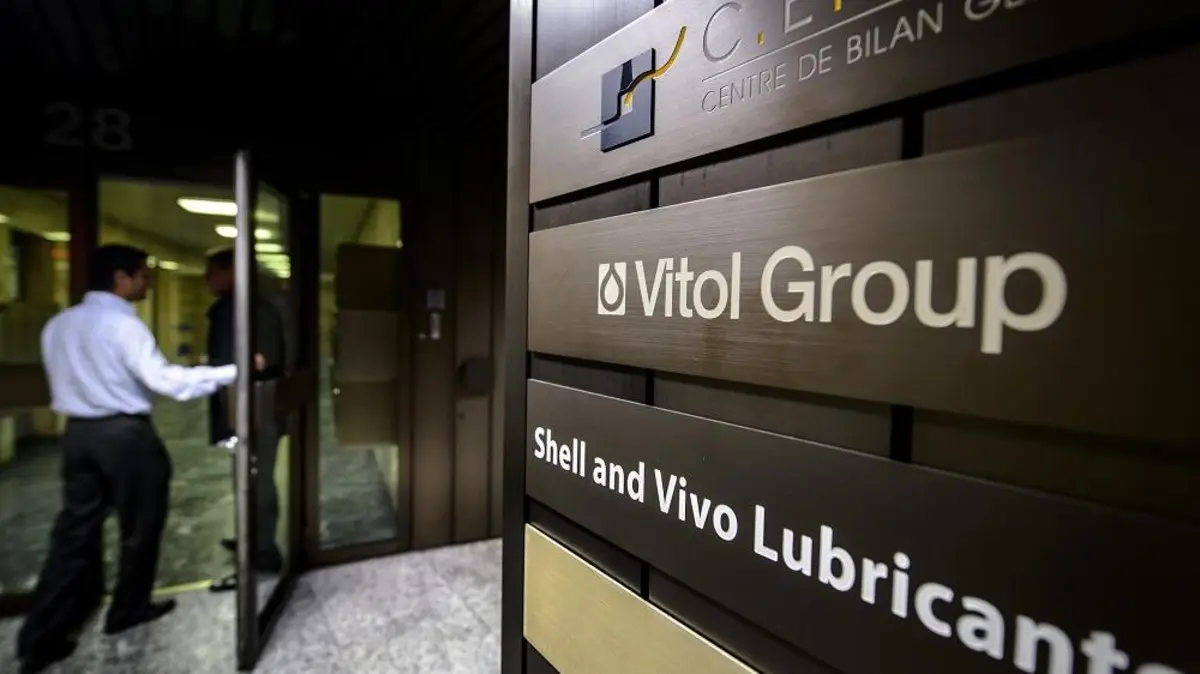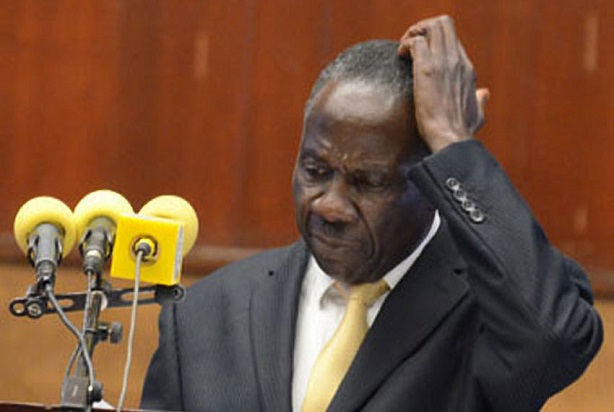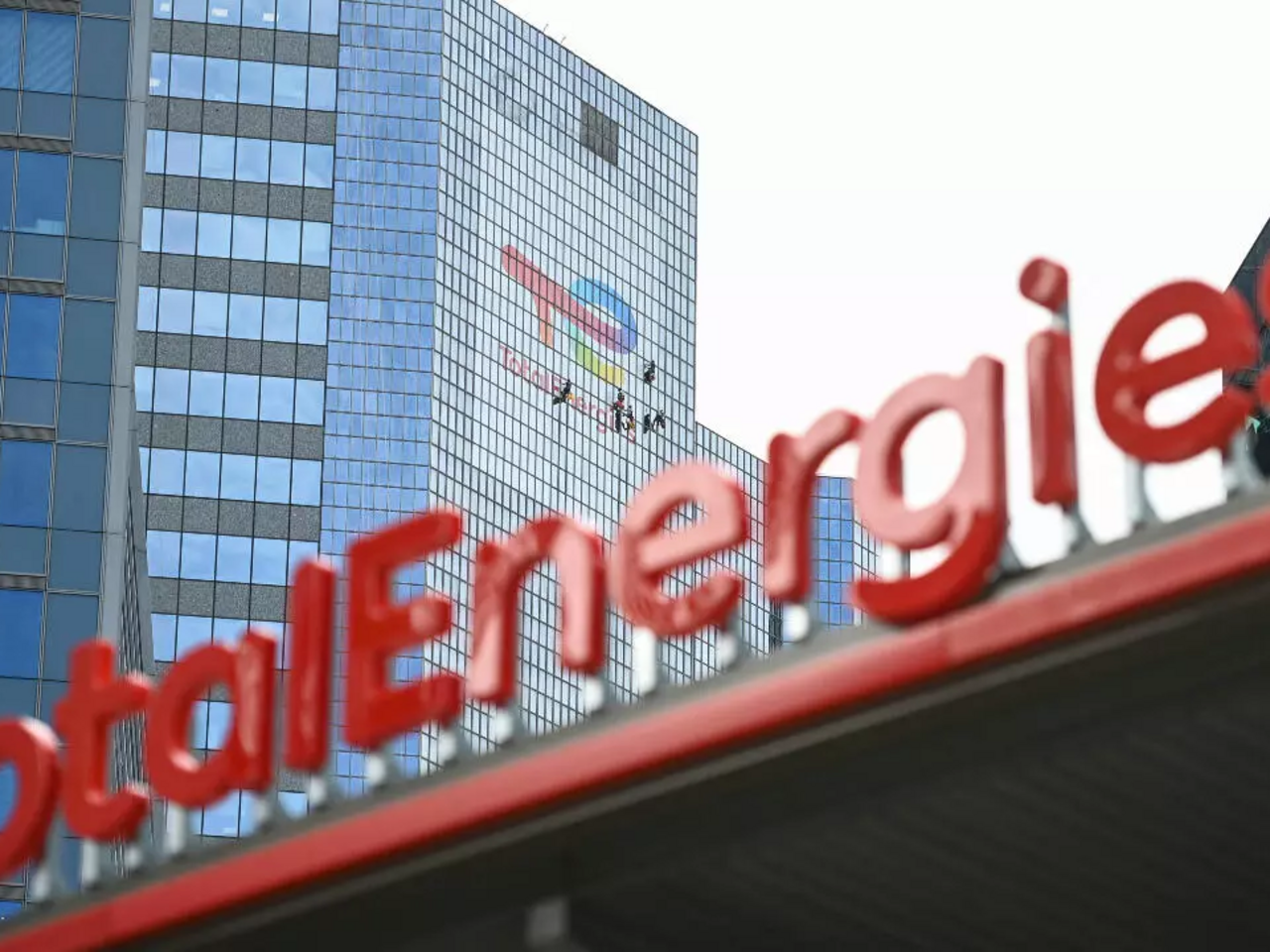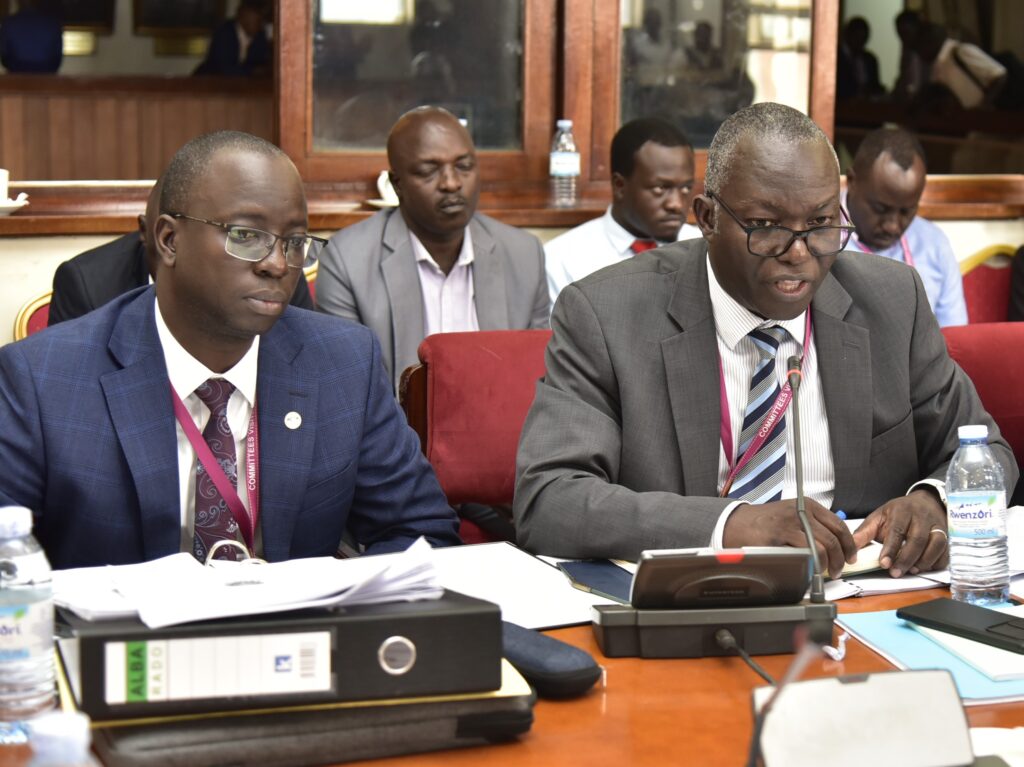The Ugandan government’s recent decision to grant Vitol, a Swiss-based Dutch global energy and commodities conglomerate, a monopoly on the supply of all petroleum products to Uganda is facing intense scrutiny. This move has raised concerns about its potential to increase fuel costs in the country.
A local news paper has consulted with various industry experts and stakeholders, most of whom have requested anonymity to express their candid opinions. They emphasize the need for cautious consideration, warning that rushing into implementation may lead to avoidable mistakes and regrets.
The move to grant Vitol a fuel supply monopoly in Uganda has sparked criticism and concerns among industry experts and observers. They argue that the risks of this approach, including higher fuel costs and security of supply issues, must be addressed through a more careful and competitive process.
One industry expert has pointed out that Vitol’s premiums are unlikely to compete with those of the Open Tender System/Government-to-Government (OTS/GtG) used in Kenya. This, they argue, will directly result in higher prices for petroleum products in Uganda. They stress the advantages of competition and suggest that a competitive bidding process could offer lower premiums.
Tread Carefully
Experts argue that combining producers and traders, as seen in the Kenyan GtG system, is more efficient for profit maximization. They also call for a comprehensive due diligence process to evaluate Vitol’s historical performance and reputation. Some believe that Uganda should gradually enter the fuel importation business, possibly starting with less risky products like JET A1.
They caution against a monopolistic situation, advocating for the creation of a committee composed of individuals well-versed in the fuel industry to refine the current proposal. Such a committee could make recommendations to improve the system while safeguarding the sector from the risks associated with a statutory monopoly involving an external broker.
Murky Waters
In July, it was revealed that UNOC would exclusively source petroleum and related products from Vitol and then sell to more than 40 oil marketing firms in Uganda. This deal, already cleared by the Cabinet and awaiting legal amendments, was structured secretly, not subjected to open bidding processes, and went largely undisclosed.
On October 25, Energy Minister Ruth Nankabirwa announced plans to amend the Petroleum Supply Act to support Unoc in supplying all oil companies in Uganda. The implementation, starting in January 2024, aims to enhance supply security and price competition.
Insiders suggest that President Museveni’s approval of the deal may have been influenced by unfounded fears. Critics argue that the move toward a monopoly risks concentration, a lack of economies of scale, UNOC’s inexperience, and potential sabotage by the Kenyan system.
Reliance on Kenya
Over 90% of Uganda’s fuel imports rely on Kenya’s infrastructure, including ports, depots, and pipelines. This dependency on Kenya exposes Uganda to periodic supply risks. Proponents of the monopoly claim it will stabilize stocks and prices while generating revenue for the government. Opponents contend that the same revenue can be achieved through Unoc without exposing the country to the potential downsides of the new deal.
President Museveni’s directives in favour of the deal have raised questions. Critics argue that the Kenyan petroleum supply system, designed to be transparent and competitive, cannot be outcompeted. They suggest that Uganda should consider joining Kenya’s existing GtG agreement, which offers advantages in terms of handling commissions and volume-based fees.
Tricky Undertaking?
Monthly, Mombasa port receives eight to nine Long Range (LR1) tankers, two of which are designated for the Ugandan market. Attempting to decouple Uganda’s fuel imports from the Kenyan system may lead to a lack of economies of scale and, consequently, higher fuel prices for Ugandans.
Critics also argue that the government is using Unoc, a government-owned entity, to facilitate Vitol’s takeover of the Ugandan market without due process. Concerns are raised about the emergence of monopolies in both the supply and importation of fuel, potentially depriving consumers of the benefits of competition.
Current Status Quo
The Kenyan system involves multiple global suppliers and experienced oil marketing companies. In contrast, Uganda’s proposed monopolistic system would rely on a single trader, who is not a producer. Experts warn that this poses significant risks, such as the lack of guaranteed security of supply and potential disadvantages for Uganda.




















